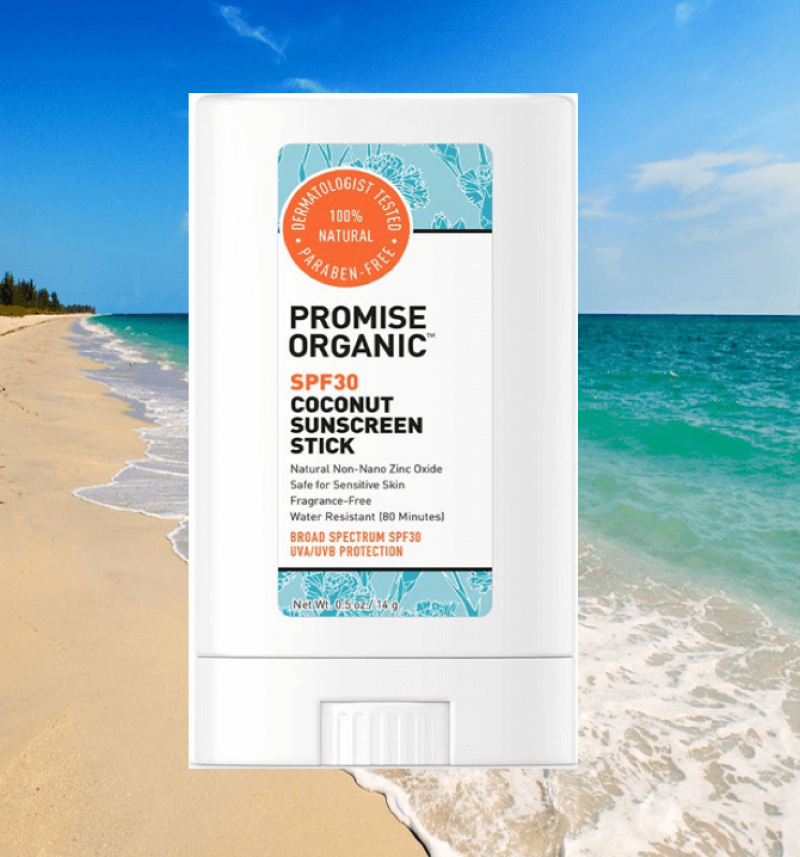…The Organic Trade Association has asked the government to start regulating non-food products that boast organic marketing claims with the same rigor that’s applied to food.
Food companies using the US Department of Agriculture’s certified organic label must prove that products are at least 95% organic. But for non-food items, such as shampoos, cosmetics, and textiles—there is no such certification process.
…[T]here is no formal definition for “organic” outside of food… The Food and Drug Administration, which oversees cosmetic products, faces a similar situation: no definition for organic.
The food industry is worried. If non-food products can print the word organic on their packaging without adhering to a similarly strict set of rules as food companies, it could wind up tarnishing the integrity of their brands.
. . . .
Groups such as the Organic Trade Association want the FTC to call for organic claims to be used only on the backs of non-food products. They want the claim to be recognized by the USDA’s program, transparent, and certified.
The GLP aggregated and excerpted this blog/article to reflect the diversity of news, opinion and analysis. Read full, original post: If your shampoo says “organic” on the label, it probably doesn’t mean anything































